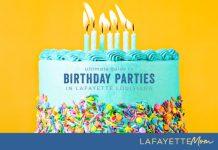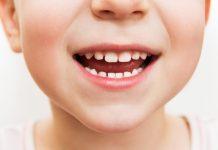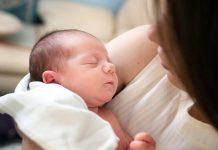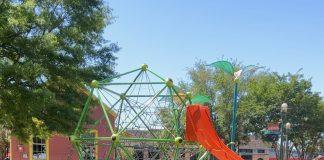Disclosure :: This post is sponsored by Our Lady fo Lourdes Women’s & Children’s Hospital and authored by by Lauren Bailey, MD. This post was created as a part of a series to celebrate World Breastfeeding Week 2020. Though this is a sponsored post, we truly thought the question of if you should you continue to breastfeed if you have, or suspect you have, COVID-19 was a great and timely one. What leading health organizations say may surprise you!
Breastfeeding & COVID-19
Congratulations! You just brought your bundle of joy home…. amidst a pandemic…. now what?
As if it wasn’t over-whelming and stressful enough just trying to figure out how to be a mom, now you just found out you’ve been exposed!
A multitude of “what if’s” are now running through your head. You may have a million questions. Most likely, one of which is “Should I continue breastfeeding?” The experts, aka the World Health Organization and Centers for Disease Control, say yes. But, ultimately, both agree, the decision is yours.
Breast milk is the best source of nutrition for most newborns and infants. It provides your circulating antibodies that will protect your little angel against many illnesses. The list of reasons to breast feed is extensive. Still, the COVID-19 specter is making us all one step closer to pulling our hair out.
The truth is there are a lot of studies going on right now to determine the answers to countless questions we have about COVID-19 and its impact on the human body. While it remains unknown if a COVID-19-positive mom can transfer the virus to her baby through breast milk. The preliminary data suggests it’s unlikely.
If you have or suspect you have COVID-19 and wish to continue breastfeeding, the Centers for Disease Control offers the following tips to prevent spreading the virus to your baby:
- Wash your hands before touching your baby.
- Wear a cloth mask while breastfeeding.
- Wash your hands before touching bottles or breastfeeding pumps and their individual parts. Make sure you clean all parts thoroughly before using.
Your child’s pediatrician can help you decide if continuing to breastfeed is right for you and your baby. Also, you have the option to pump, clean the bottles and have a healthy partner or other caregiver feed your baby while you heal and undergo the 14-day quarantine period after exposure or 10 days after symptoms appear and begin to improve.
Breastfeeding moms who work in a healthcare setting may have increased concern about pumping at work. This can be safe if you take a few precautions:
- Identify a private location, preferably not a restroom, where you can pump.
- Follow all previously mentioned precautions.
- Wash your hands or use hand sanitizer to keep your hands clean while handling your pump and supplies.
- Make sure to clean your pump supplies after every use.
Well baby visits are important. Many providers offer telemedicine options, but every effort should be made to attend these visits with your child’s pediatrician in-person. These visits give the provider a chance to properly assess your individual situation, evaluate your breastfeeding success and offer immediate feedback on any questions or concerns you may have.
Rest assured, many of us are parents, too. We’ve taken all the necessary precautions to keep you and your baby safe during this time.
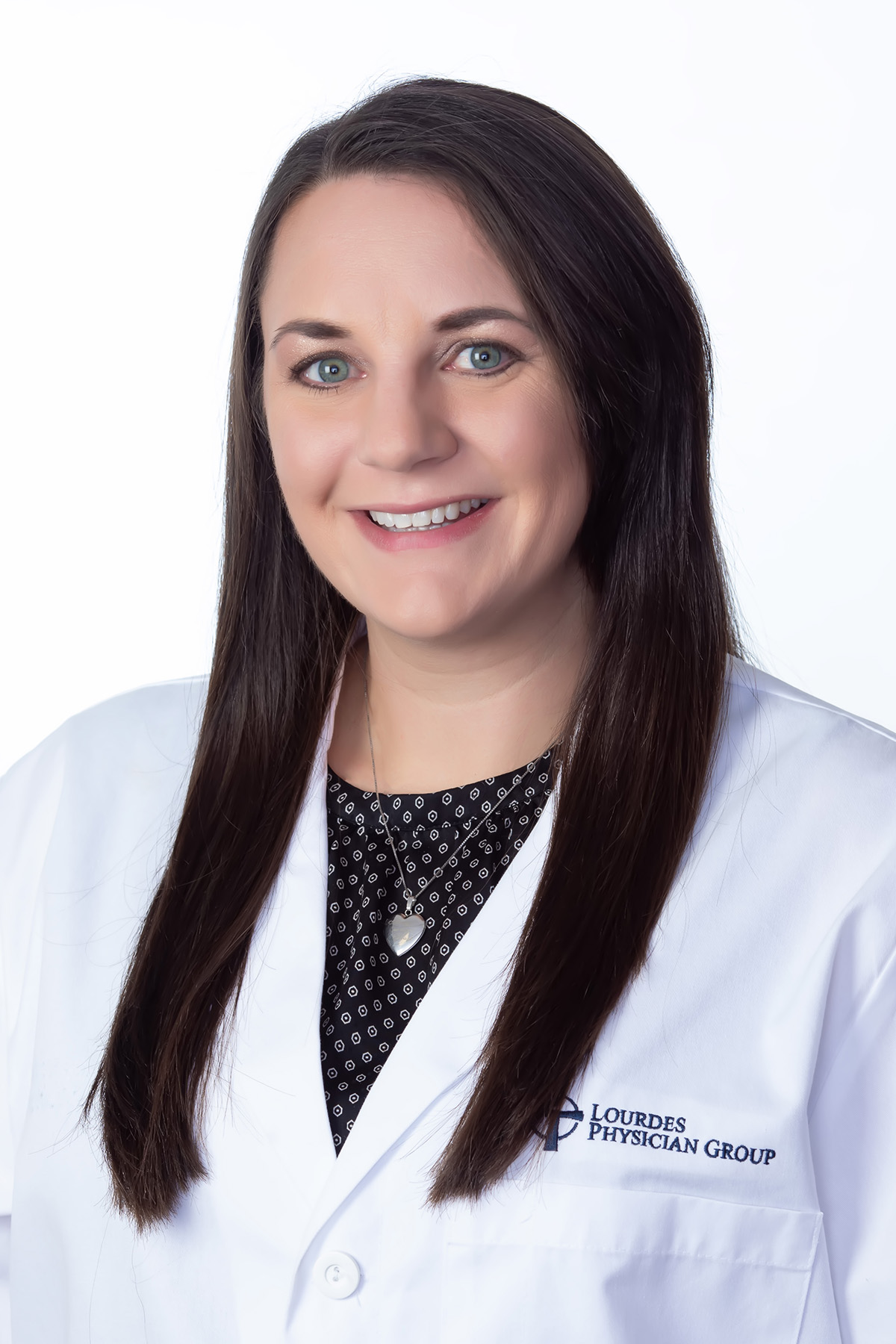 Dr. Lauren Bailey is a mother of two and a board-certified pediatrician with the Kids Specialty Center at Our Lady of Lourdes Women’s & Children’s Hospital. Learn more at LourdesRMC.com.
Dr. Lauren Bailey is a mother of two and a board-certified pediatrician with the Kids Specialty Center at Our Lady of Lourdes Women’s & Children’s Hospital. Learn more at LourdesRMC.com.





